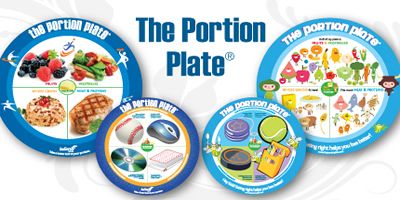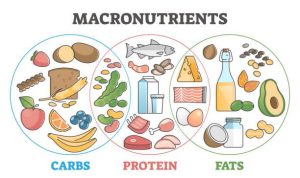
Healthy weight management plays a crucial role in promoting overall wellbeing. One effective strategy in maintaining a healthy weight is portion control. By understanding and practicing portion control, you can guide yourself towards a sustainable and balanced diet. This ultimate guide will provide you with valuable insights and practical tips to help you achieve your weight management goals.
Understanding Portion Control
Portion control involves monitoring and regulating the amount of food you consume in each meal. It allows you to strike a balance between satisfying your hunger and avoiding overeating. Many people struggle with portion control due to various factors such as emotional eating, social pressures, and lack of awareness about appropriate serving sizes.
By adopting portion control techniques, you can reshape your relationship with food, promote better digestion, and prevent weight gain. Here are some key tips:
Measure and Divide Your Plate
Using plates and bowls of appropriate size can help you control your portion sizes. Start by dividing your plate into different sections according to the proportions recommended by nutrition experts:
Fill half of your plate with non-starchy vegetables like leafy greens, broccoli, or peppers.
Dedicate a quarter of your plate to lean protein sources such as chicken, fish, or tofu.
Reserve the remaining quarter for whole grains or starchy vegetables like brown rice, quinoa, or sweet potatoes.
Dividing your plate visually can assist you in maintaining a balanced diet while controlling your calorie intake.
Be Mindful and Slow Down
Eating mindlessly often leads to overeating. To avoid this, practice mindful eating by paying attention to your body’s hunger and fullness signals. Eat slowly, savor each bite, and put your utensils down between each mouthful. This allows your brain to register the sensation of feeling full, preventing you from overindulging.
Control Portions When Dining Out
Restaurants and fast-food chains tend to serve larger portions than what is necessary for one meal. To avoid overeating in these situations:
Opt for smaller-sized dishes or ask for half portions.
Share a meal with a friend or pack the leftovers for the next day.
Avoid eating straight from the packaging, transfer your food to a plate to be better aware of portion size.
Being mindful of portion sizes when dining out is essential for successful weight management.
Listen to Your Body
Every individual’s dietary needs can vary, so it’s crucial to pay attention to your body’s cues. Eat when you’re hungry and stop when you’re comfortably full. Avoid using food to cope with emotions or stress, as this can lead to overeating. Instead, find alternative activities like exercise or hobbies to manage stress and promote overall well-being.
Take Advantage of Technology
In today’s digital age, there are numerous mobile apps available that can assist you in monitoring your portion sizes and daily caloric intake. These apps allow you to track your food consumption, provide nutritional information, and offer practical tips for portion control. Utilizing technology can greatly enhance your weight management journey.
Conclusion
In conclusion, portion control is a fundamental aspect of effective weight management. By implementing the tips mentioned in this ultimate guide, you can develop lifelong habits that support a healthy and balanced diet. Remember to be mindful, listen to your body, and seek support when needed. Let portion control become your key to maintaining a healthy weight and enjoying a fulfilling lifestyle.

